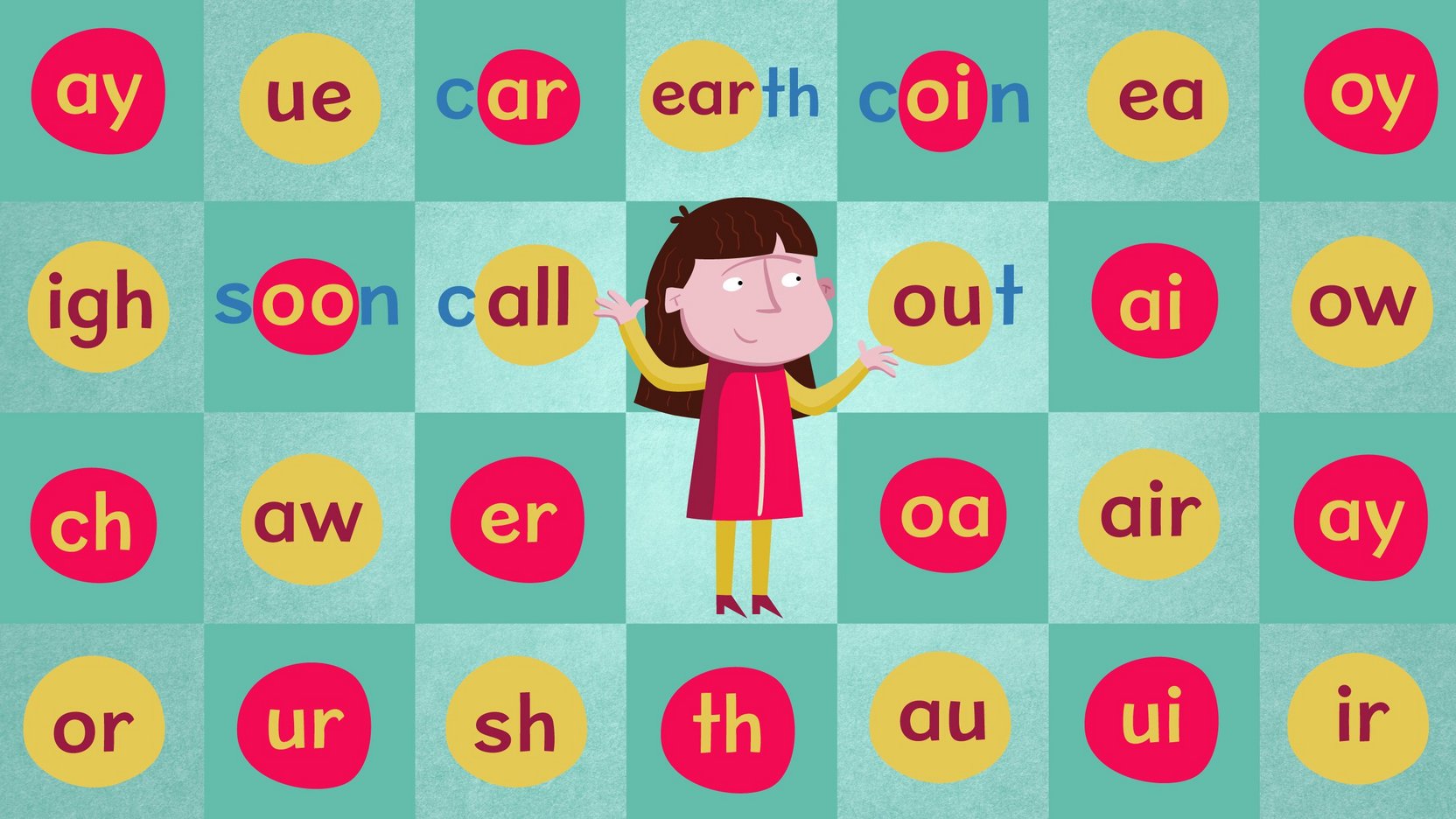
Building Strong Readers: How Parents Can Support Phonics at Home
Phonics is the foundation of reading success, and parents play a crucial role in reinforcing these skills at home. Here are some engaging ways you can support your primary child's phonics journey:
1. Foster a Love of Language:
- Talk, Talk, Talk: Engage your child in conversation, describing everyday activities and objects. This exposes them to rich vocabulary and proper pronunciation.
- Sing Songs and Rhymes: Nursery rhymes and catchy songs are a delightful way to develop phonemic awareness – the ability to hear and manipulate sounds in words. Clap along to syllables, emphasize rhyming words, and encourage your child to join in.
2. Make Reading a Fun Activity:
- Daily Dose of Reading: Dedicate time each day to reading together. Choose books with vibrant illustrations and stories that spark your child's interest. Pause to point out letters and sounds, but let the focus be on enjoying the story.
- Sound it Out: When your child gets stuck on a word, gently guide them through sounding it out. Break the word down into individual sounds (phonemes), blending them together to form the whole word (blending). For example, for "cat," say /k/ /a/ /t/.
- Revisit Favorites: Rereading familiar books allows your child to see their progress and builds confidence. Point out how they can now sound out words they previously struggled with.
3. Turn Everyday Moments into Learning Games:
- Playful Phonics: Make learning letters and sounds fun. Use magnetic letters on the fridge to create words, write letters in shaving cream on the bathroom mirror, or sing an alphabet song with silly voices.
- I Spy with My Little Eye: This classic game can be adapted for phonics. Take turns saying "I spy with my little eye something that starts with the /b/ sound," encouraging your child to identify the object (e.g., ball, book).
4. Make it Multisensory:
- Phonics Playdough: Create letter shapes with playdough and have your child sound out the letters as they play. They can even "write" words with the playdough.
- Sensory Bins: Fill a container with rice, beans, or sand and have your child use plastic letters or write letters in the tray with their finger while sounding them out.
5. Celebrate Progress and Be Patient:
Learning takes time and practice. Acknowledge your child's efforts and celebrate their successes, no matter how small. Focus on the fun of learning and avoid getting discouraged if they struggle.
By incorporating these tips into your daily routines, you can become a valuable partner in your child's phonics journey, setting them on the path to becoming a confident and enthusiastic reader. Remember, the key is to keep it positive, engaging, and most importantly, fun!